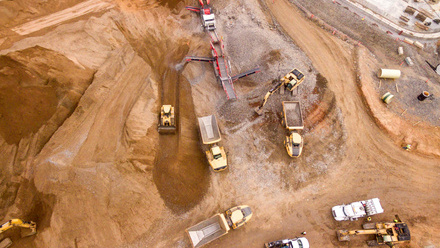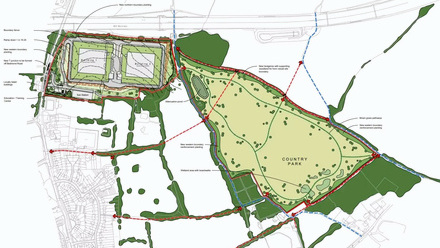Landmark Supreme Court judgment could lead to knee-jerk planning rejections
This decision overturned the council's 2019 permit expansion for a Horse Hill project and may result in planning authorities routinely rejecting applications with downstream impacts due to the added complexity and resource demands.
Lawyers warn that planning authorities, already resource-starved, might struggle to gather the necessary information to make lawful decisions, leading to more frequent judicial reviews. This judgment, described as a landmark, suggests that any inevitable causal connection between a project and environmental effects should be assessed, such as downstream emissions from extracted oil.
This decision could have significant implications for various sectors, including infrastructure, energy, and mining, by requiring thorough assessments of indirect environmental impacts. Experts express concerns that local authorities, lacking resources to evaluate global impacts of greenhouse gases, might reject projects with substantial downstream impacts, such as car manufacturing plants or airport expansions.
As a whole, this judgment emphasises the need for comprehensive environmental impact assessments and may increase the likelihood of judicial reviews for a broader range of projects.
A summary of an article from Construction Law






